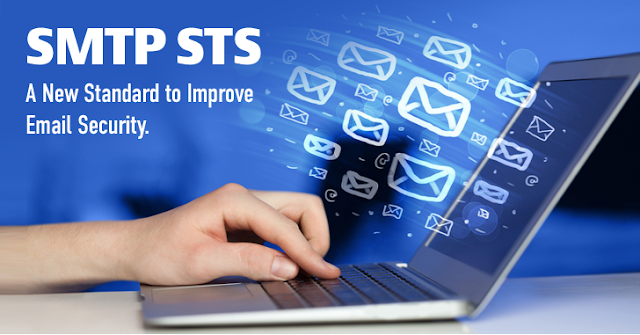Facebook is finally capitalizing on the promise it first made back in July, of making conversations on Messenger completely encrypted. The platform isn’t the first to offer such a feature but is definitely among the most used ones, even if it doesn’t offer it in full glory.
The feature, dubbed Secret Conversations, is now available to the billion or so active users of Messenger, as confirmed by Wired. It is turned off by default so it requires turning on manually. It also doesn’t make every conversation that has occurred in the past encrypted.
How to Activate:
In the latest version of Messenger, you’ll see a new secret icon in the top right corner of the app. Tap that and you can start an encrypted chat. Existing conversations can also be converted to secret ones, by tapping their name at the top, and toggling the Secret Conversations option.
Encryption Tech:
Messenger uses the renowned Signal encryption system, developed by the nonprofit Open Whisper Systems, which has already been implemented in the privacy-centered Signal Private Messenger. That app has the blessings of none other than Edward Snowden.
Of course, both the users need to update to the latest version of Messenger to use the updated security feature so first make sure that is done. The conversations can only be carried out on a single device at a time.
Room For Improvement:
The functionality of these conversations is a bit more limited in comparison to normal ones, with GIFs and videos not supported, yet.
The feature was first tested in beta in public back in July and only now is it arriving to the all users.
Messenger isn’t the first platform to offer such privacy, as Signal, Telegram and Whatsapp among others have had it for long. Though, it is certainly among the most used messaging apps. That will happen of course if you trust Facebook with your privacy in the first place.







